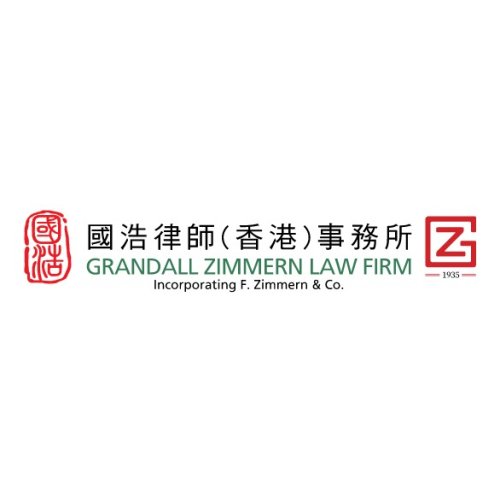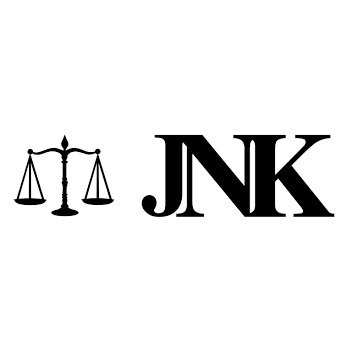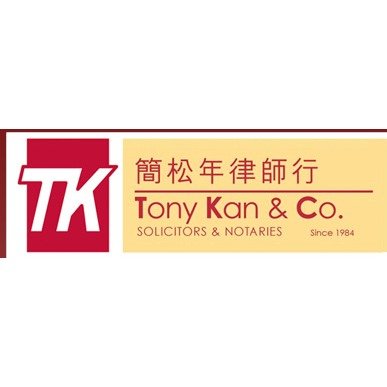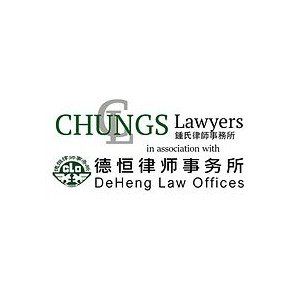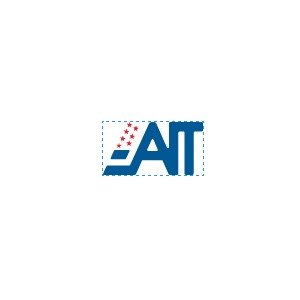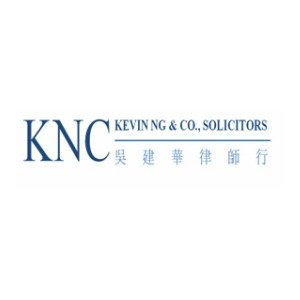Best Financial Services Regulation Lawyers in Hong Kong
Share your needs with us, get contacted by law firms.
Free. Takes 2 min.
Or refine your search by selecting a city:
List of the best lawyers in Hong Kong
About Financial Services Regulation Law in Hong Kong
Financial Services Regulation in Hong Kong is governed by a comprehensive legal framework designed to ensure the stability and integrity of its financial services sector. The regulatory environment includes laws and regulations that oversee banking, securities, insurance, and investment activities. Key regulatory bodies such as the Hong Kong Monetary Authority (HKMA), Securities and Futures Commission (SFC), and the Insurance Authority (IA) play vital roles in enforcing these regulations. Hong Kong maintains its status as a leading global financial hub by adhering to international standards and best practices.
Why You May Need a Lawyer
Legal advice is often essential in navigating the complex landscape of Financial Services Regulation in Hong Kong. Common situations that may require legal assistance include:
- Setting up a financial institution or obtaining the necessary licenses
- Compliance with regulatory changes and standards
- Handling investigations or enforcement actions by regulatory bodies
- Structuring financial products or services
- Resolving disputes with clients or other financial institutions
- Cross-border financial transactions involving different jurisdictions
- Data protection and cybersecurity issues related to financial services
Local Laws Overview
Hong Kong's financial regulatory framework is primarily governed by the following key laws:
- Banking Ordinance: Governs the licensing and operations of banks and deposit-taking companies in Hong Kong.
- Securities and Futures Ordinance (SFO): Establishes the legal framework for the securities and futures markets, ensuring transparency and fairness.
- Insurance Ordinance: Regulates insurance companies, agents, and brokers operating in Hong Kong.
- Mandatory Provident Fund Schemes Ordinance: Covers the management and operation of retirement funds.
These regulations ensure consumer protection, financial stability, and adherence to international standards, promoting investor confidence in the Hong Kong financial market.
Frequently Asked Questions
What is the role of the HKMA?
The Hong Kong Monetary Authority is responsible for maintaining monetary and banking stability. It regulates and supervises banking institutions, manages Hong Kong's currency reserves, and facilitates payment systems.
How does the SFC regulate financial activities?
The Securities and Futures Commission supervises and monitors market participants, enforces securities regulation laws, and ensures the fair and efficient operation of financial markets.
Do I need a license to offer financial services in Hong Kong?
Yes, offering financial services generally requires a license from relevant authorities such as the HKMA, SFC, or IA, depending on the type of services provided.
What are the consequences of non-compliance with financial regulations?
Non-compliance can result in penalties, fines, suspension of operations, and even criminal charges. Regulatory bodies actively monitor and enforce adherence to laws.
Are there anti-money laundering (AML) requirements in Hong Kong?
Yes, financial institutions in Hong Kong must comply with stringent AML regulations to prevent financial crimes, including implementing customer due diligence and record-keeping measures.
What is the difference between the HKMA and SFC?
The HKMA focuses on banking and monetary policies, while the SFC regulates securities and futures markets, ensuring investor protection and market integrity.
Can foreigners set up financial businesses in Hong Kong?
Yes, foreigners can establish financial businesses in Hong Kong, but they must comply with local regulations, including obtaining necessary licenses and approvals.
What are the privacy laws related to financial services?
The Personal Data (Privacy) Ordinance governs data protection, requiring financial institutions to protect customer information and adhere to privacy principles.
How are consumer rights protected in financial services?
Consumer rights are safeguarded through various regulations that mandate transparent financial practices, fair lending, and redressal mechanisms for grievances.
What steps should I take if involved in a financial dispute?
Seek legal advice promptly to understand your rights and obligations. Mediation, arbitration, or litigation may be suitable resolutions based on the dispute's nature.
Additional Resources
For more information or assistance, consider reaching out to the following bodies:
- Hong Kong Monetary Authority (HKMA): Oversees monetary stability and banking regulations.
- Securities and Futures Commission (SFC): Regulates securities and futures markets.
- Insurance Authority (IA): Responsible for overseeing insurance companies and ensuring fair practices.
- Financial Dispute Resolution Centre (FDRC): Provides dispute resolution services between financial institutions and their clients.
- Hong Kong Bar Association: Offers directories of qualified legal professionals specializing in financial services regulations.
Next Steps
If you need legal assistance in Financial Services Regulation in Hong Kong, consider the following actions:
- Identify the specific nature of your legal issue to find a lawyer with the right expertise.
- Contact legal firms or associations to find qualified legal practitioners.
- Schedule consultations to discuss your situation and gain insights into legal strategies.
Securing competent legal advice at the onset can help in effectively managing compliance and navigating complex regulatory environments.
Lawzana helps you find the best lawyers and law firms in Hong Kong through a curated and pre-screened list of qualified legal professionals. Our platform offers rankings and detailed profiles of attorneys and law firms, allowing you to compare based on practice areas, including Financial Services Regulation, experience, and client feedback.
Each profile includes a description of the firm's areas of practice, client reviews, team members and partners, year of establishment, spoken languages, office locations, contact information, social media presence, and any published articles or resources. Most firms on our platform speak English and are experienced in both local and international legal matters.
Get a quote from top-rated law firms in Hong Kong — quickly, securely, and without unnecessary hassle.
Disclaimer:
The information provided on this page is for general informational purposes only and does not constitute legal advice. While we strive to ensure the accuracy and relevance of the content, legal information may change over time, and interpretations of the law can vary. You should always consult with a qualified legal professional for advice specific to your situation.
We disclaim all liability for actions taken or not taken based on the content of this page. If you believe any information is incorrect or outdated, please contact us, and we will review and update it where appropriate.
Browse financial services regulation law firms by city in Hong Kong
Refine your search by selecting a city.





